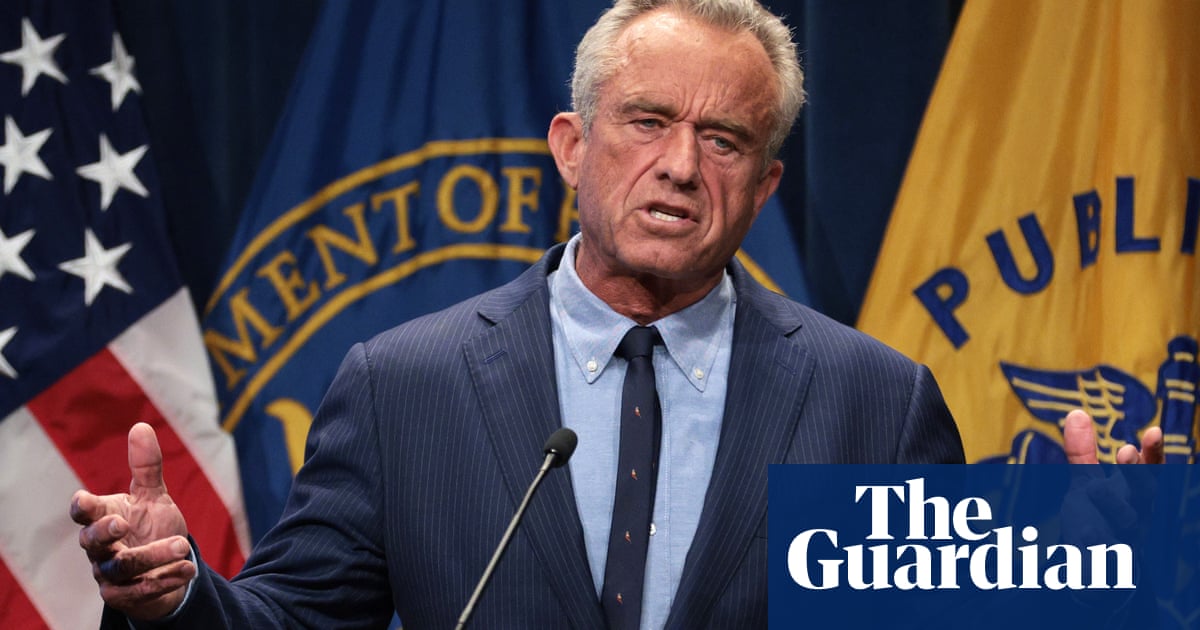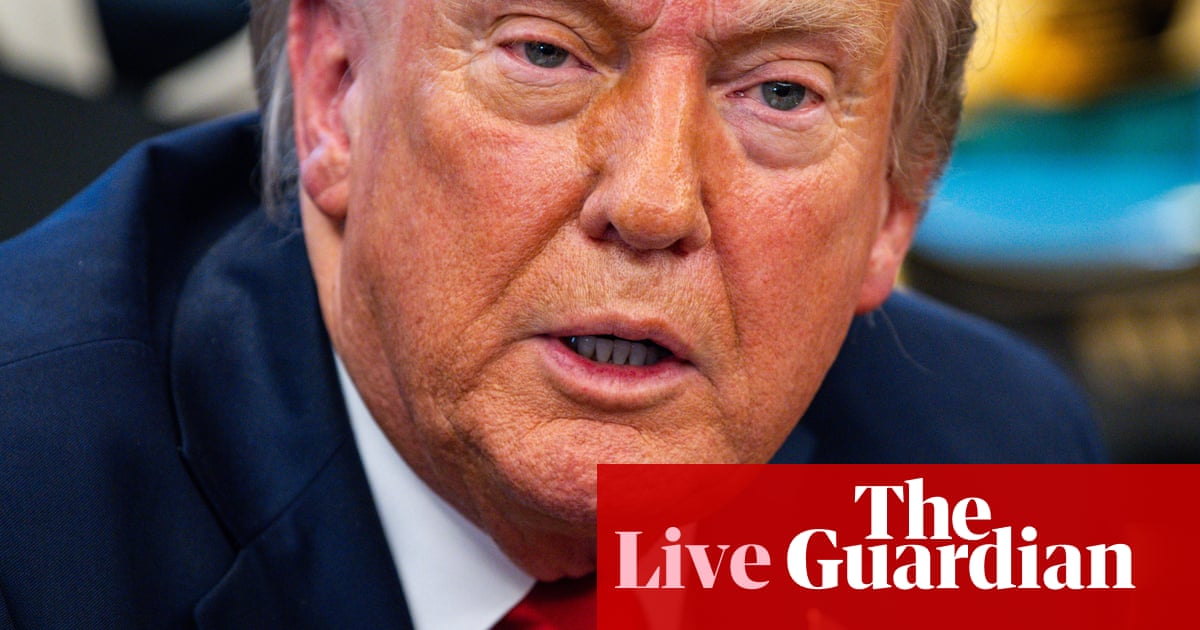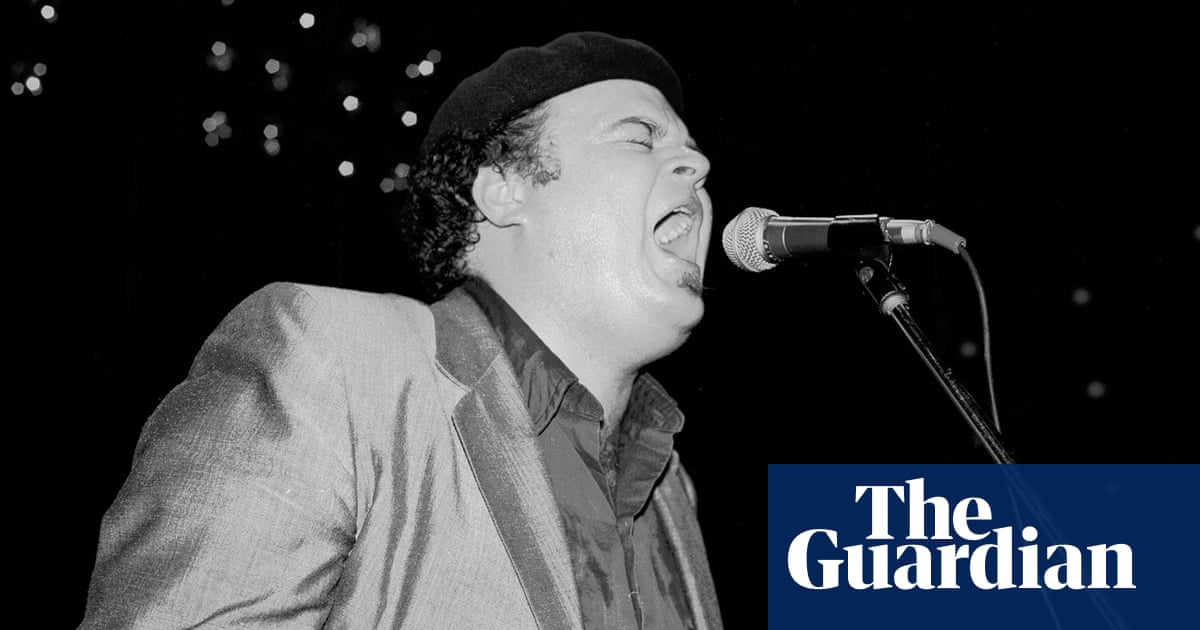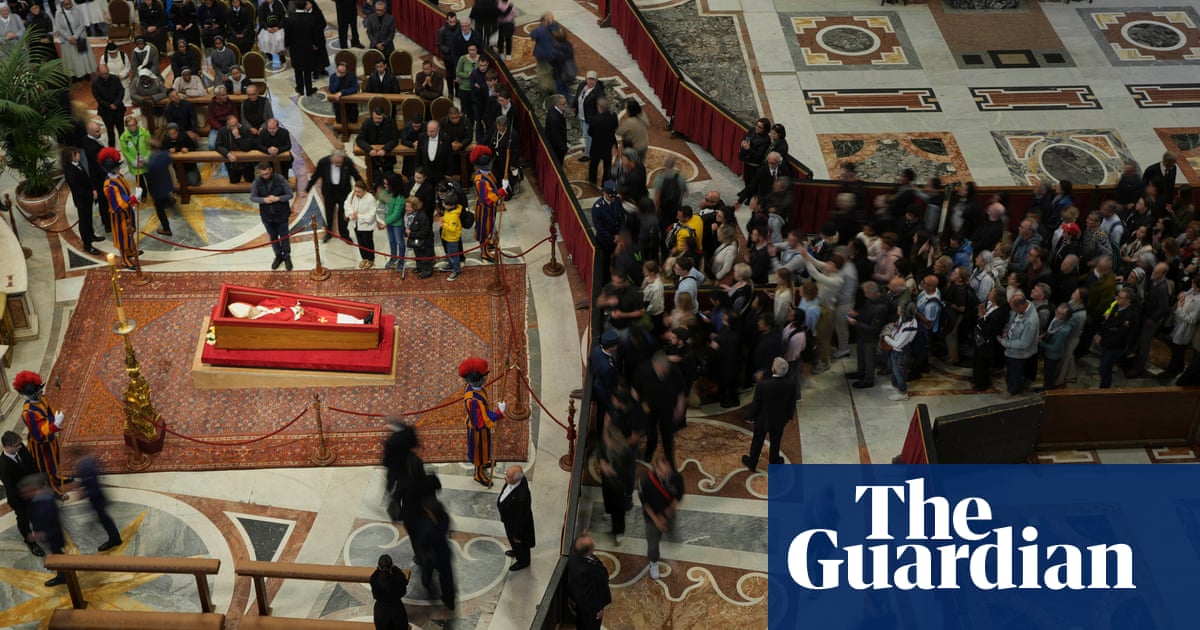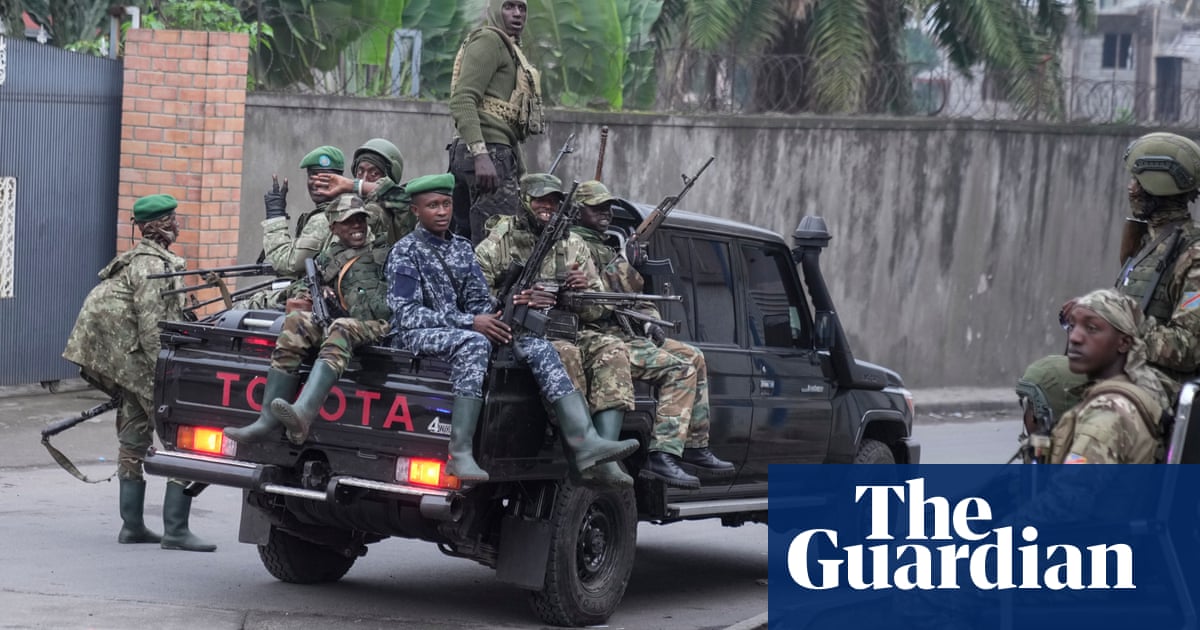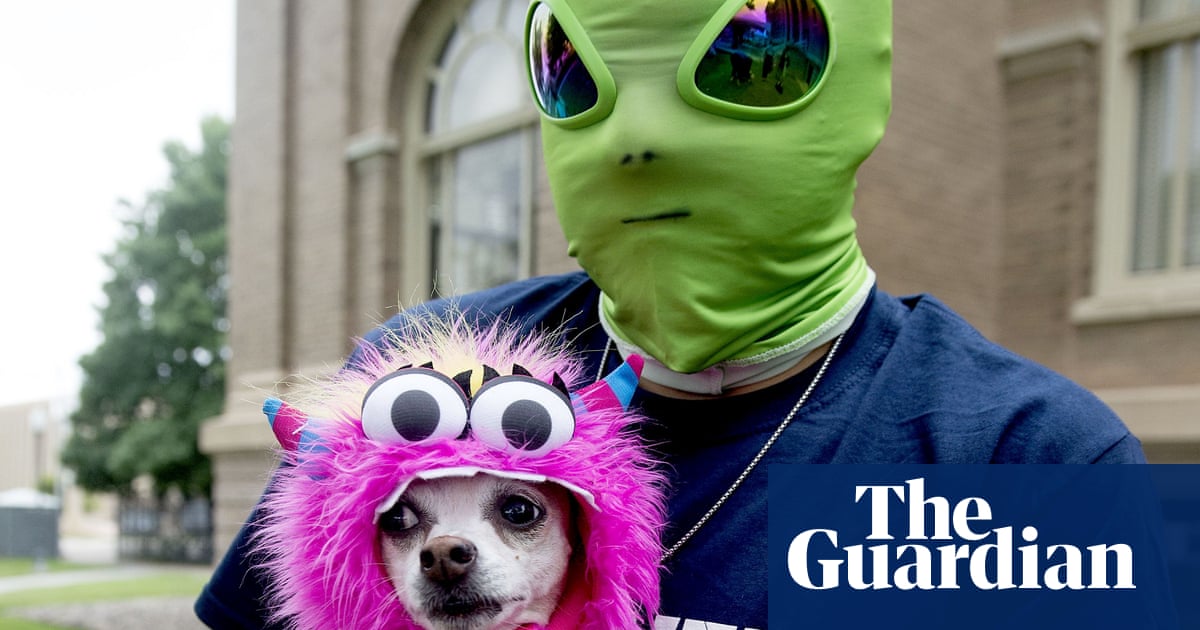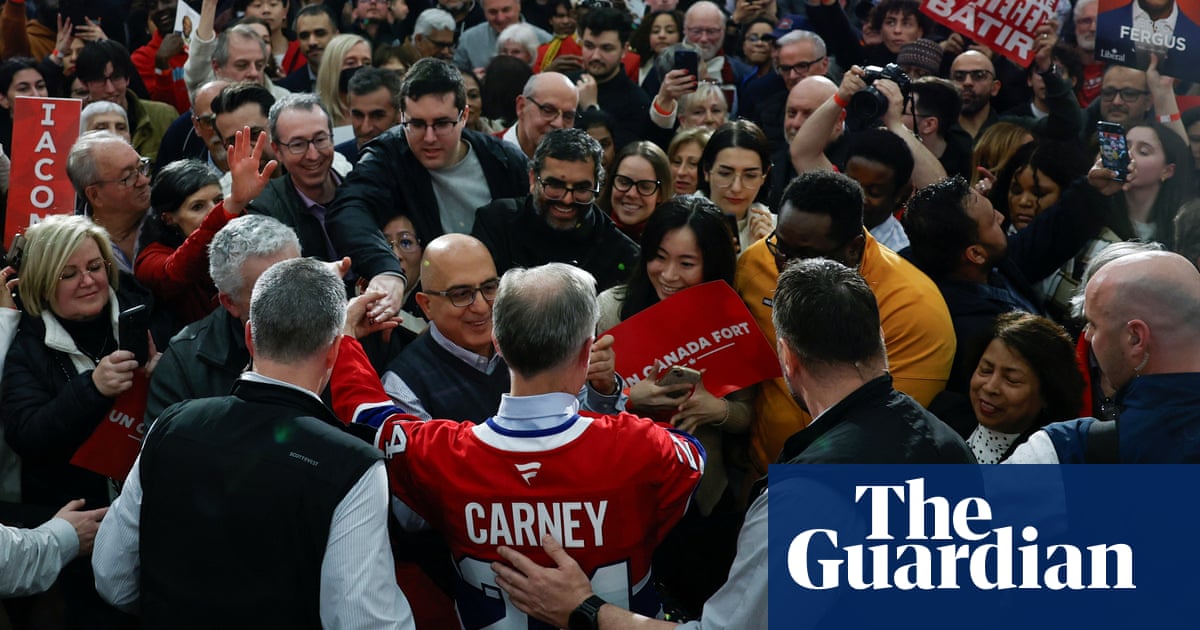Ecuador’s conservative president, Daniel Noboa, will face the leftist former congresswoman Luisa González in an election runoff on 13 April after a better than expected first-round performance by his challenger.
With more than 92% of the ballot boxes counted, Noboa was on 44.31%, just ahead of González, with a difference of only 45,000 votes in an electorate of 13.7 million registered voters.
To secure victory in the first round, candidates needed to obtain more than 50% of the votes or exceed a 40% share as well as a lead of at least 10 points over the runner-up.
The presidential election is seen as an assessment of Noboa’s brief time in office – essentially a “caretaker” term after the previous president stepped down in 2023.
Noboa’s 15 months in office have been marked by a mano dura (iron fist) security policy to tackle drug trafficking, which international organisations have widely criticised for its human rights violations.
The first-round result has been celebrated by the left because most polls had forecast a much bigger margin of victory for Noboa.
González, a 47-year-old lawyer, told elated supporters in Quito, the country’s capital, that they had achieved a “great victory” by forcing what she called a “statistical tie”.
“This victory belongs to you,” she said. “Daniel Noboa represents fear, we represent hope, the change to transform this country.”
Noboa, who chose not to go to a hotel in Quito on Sunday night where his ministers and supporters were waiting for him to deliver a speech, posted on social media that he “won the first round against all the parties of the Old Ecuador”.
The president, presenting himself as an outsider despite holding power, celebrated the seats won by his party in Congress, although neither he nor González will have a majority. He also thanked the voters. He said: “Thank you for the hope and the courage to believe again that this country can be different. Now, let’s keep fighting.”
In April, Noboa and González will repeat the 2023 runoff election. In that contest, the then little-known congressman trailed González in the first round but defeated her in the final vote.
According to the National Electoral Council, this weekend’s election day in Ecuador passed without significant incidents. Several international observers monitored the vote, including representatives from the EU and the Organization of American States. Turnout was 83.4% – in Ecuador voting is mandatory for citizens aged 18 to 65.
Noboa and González were shadowed at public events by a phalanx of special forces, hoping to avoid a repeat of the 2023 election, when a leading candidate was assassinated.
The election once again highlighted the polarisation between Correísmo – named after former leftist president Rafael Correa, who governed from 2007 to 2017 and backs González’s candidacy – and the anti-Correísmo camp, in which Noboa is the leading figure. Despite there being 16 candidates, votes were primarily concentrated between Noboa and González – the third-place candidate received only 5%.
The heir to a banana fortune, Noboa, 37, became Ecuador’s youngest president in 2023 after unexpectedly winning a snap election to complete the term of former president Guillermo Lasso, who had dissolved congress and resigned to avoid impeachment.
In January 2024, Noboa declared an “internal armed conflict” and placed the military at the heart of his security policy, tackling criminal gangs – primarily drug-trafficking groups – that had turned one of Latin America’s most peaceful countries into one of its most violent in just a few years.
Although Ecuador does not produce cocaine, it has become a major exporter – mainly through the port of its largest city, Guayaquil – of the drug, which is produced in Colombia and Peru, to the US and Europe.
Although Noboa won a plebiscite last April in which most of the population endorsed his security measures, reports of human rights violations began to pile up – including the killing of four black boys from Guayaquil after they were detained by the air force.
While crime rates fell initially, they soon returned to previous levels, and experts have deemed Noboa’s approach ineffective in reducing violence in the long term. Other crimes, such as abductions and kidnappings, continued to rise.
Noboa’s presidency has also been marred by an energy crisis, which has caused scheduled blackouts of up to 14 hours, and repeated violations of the constitution – including a standoff with his vice-president, Verónica Abad, whom he barred from assuming office while he took leave.
In 2024 alone, the country was under a state of emergency for 250 days, allowing measures such as warrantless home searches and bans on public gatherings, which he defended as necessary in the fight against organised crime.
Noboa also refused to comply with electoral rules requiring candidates to step down for the 30-day campaign period, which led González to tell the press , after casting her vote, that “Noboa has violated the law and the constitution”.

.png) 2 months ago
28
2 months ago
28







